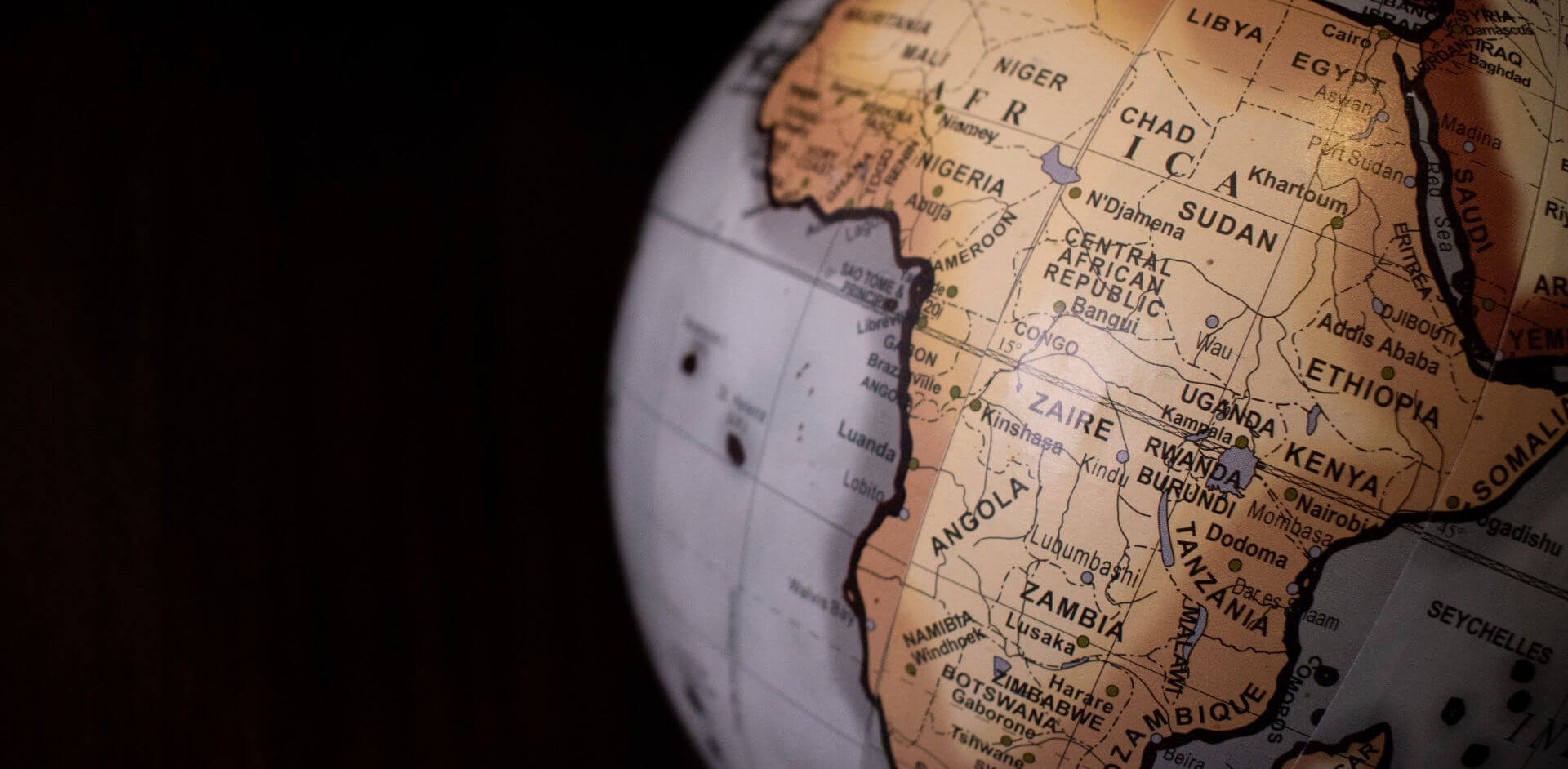
16 Days of Activism
How Patriarchal System Affects Intimate Partner Violence (IPV) in Sub-Saharan Africa
BY: Halleluiah Girum
Every year starting November 25th to December 10th, 16 days of activism against gender-based violence is marked around the world. It gives an opportunity to highlight the importance of focusing our intervention on the unfinished business of creating a violence free world.
We are glad to present you an article written by Halleluiah Girum that sheds light on how patriarchal system affects intimate partner violence in sub-Saharan Africa. She is a high school student.
The fight against gender-based violence (GBV) is crucial in empowering African women, and with Covid-19 exposing the seriousness of this issue; I set out to investigate how the patriarchal system affects intimate partner violence (IPV) in Africa.
In order to discuss its contribution to IPV, it is important to define patriarchy within the African context. While earlier definitions referred to the rule of a father in a household or clan, patriarchy is now used to describe the control of the majority of resources and power in a society by men and the subsequent systemic oppression of women. Historians believe that in ancient times, societies in Africa had a matriarchal hierarchy as the power belonged to the oldest female of the house and inheritance was passed down from mother to daughter. A patriarchal system developed in many African communities when paternity became important, and thus it was necessary to control women to be certain of the biological father. Other factors such as colonization, the spread of Islam, Christianity all enforced a patriarchal system through aspects like a paternal line, inheritance from the father, monogamy.
So, what role does patriarchy have in reinforcing intimate partner violence? Well the gender roles patriarchy prescribes within relationships contributes to IPV. For instance, patriarchal views present husbands as authority figures and primary decision makers in relationships and if this is not recognized by their wives it can lead to violence. Due to the importance given to men and masculinity, sons are valued over daughters and the primary purpose of women becomes giving birth to a son. It is no surprise that in survey conducted in Nigeria, 59% of women said they would rather be HIV positive than infertile; in such an environment violence is readily sanctioned.
Patriarchal narratives regarding masculinity also play a part in perpetrating IPV. In the Ethiopian culture, we have a common phrase
“ወንድ እስቲ – wonde isti” translated to “be a man”, which in some instances implies that violence and aggressiveness are traits of masculinity. Young boys bring these views into their relationships, believing that violence is part of their identity. In addition, Men are told they are in control of their wife’s sexuality. They develop the feeling of entitlement to the sexuality of a woman, and as they are conditioned to believe that masculinity means violence, the chances of sexual domestic abuse increases.
My challenge to every young person in Africa is to reflect on the biases that society has conditioned us with, and to really explore if our predispositions perpetrate the number one form of violence against women in Africa. By starting small and questioning our own beliefs, we can play our part in eradicating IPV from our continent.